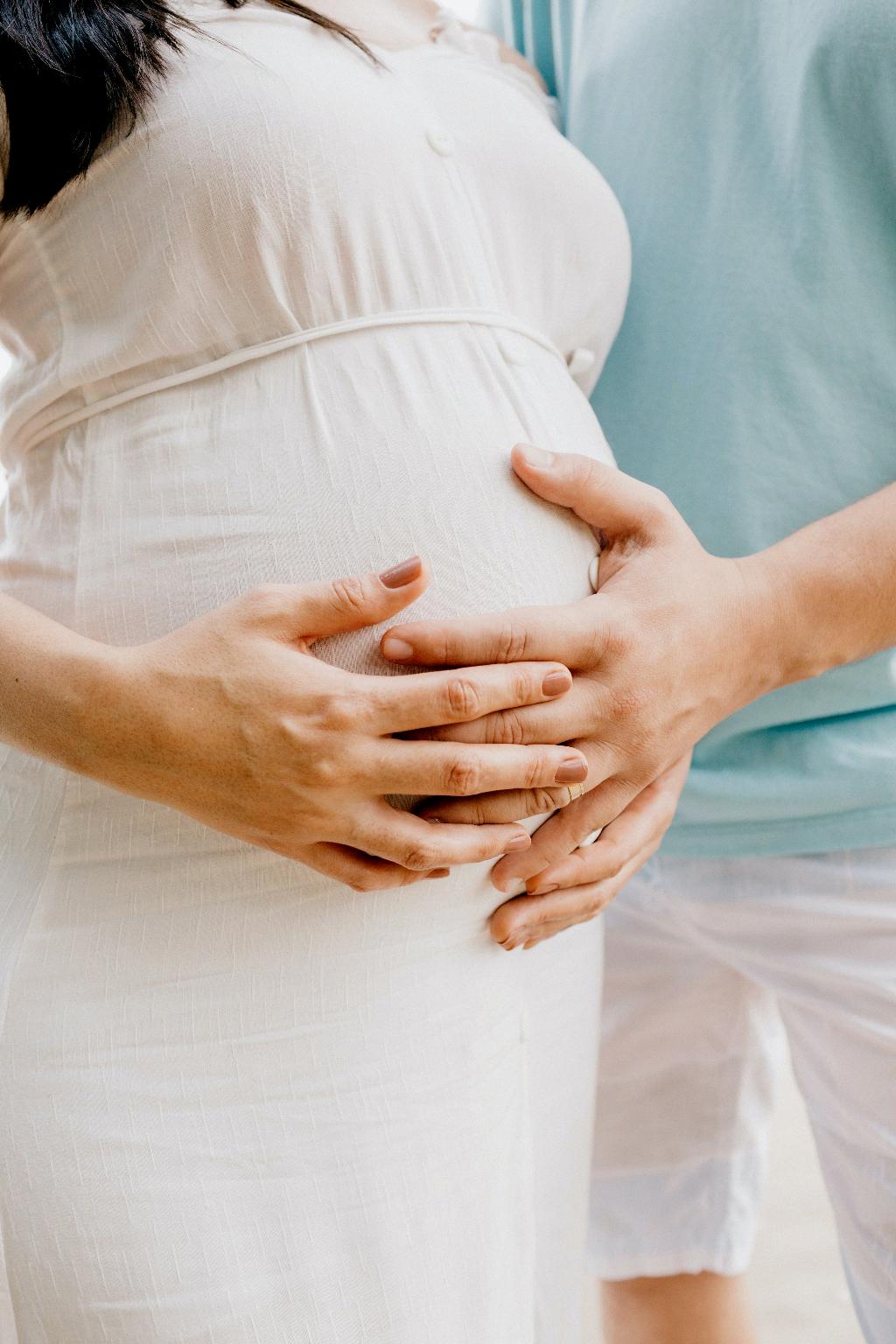When it comes to skincare during pregnancy, expectant mothers often find themselves in a dilemma regarding which products are safe for use. One popular product that frequently sparks questions is The Ordinary AHA BHA solution. In this article, we delve into the safety aspects of incorporating this product into your skincare routine during pregnancy.
Understanding AHAs and BHAs
Alpha Hydroxy Acids (AHAs) and Beta Hydroxy Acids (BHAs) are common ingredients found in skincare products known for their exfoliating properties. AHAs work on the skin’s surface to shed dead skin cells, while BHAs penetrate deeper into the pores, making them effective for addressing acne and blackheads.
Assessing Safety in Pregnancy
When it comes to using AHAs and BHAs during pregnancy, the primary concern is the potential absorption of these ingredients into the bloodstream and their impact on the developing fetus. While research on the direct effects of these acids during pregnancy is limited, skincare products with these ingredients are generally considered safe when used in moderation.
The Ordinary AHA BHA Solution
The Ordinary AHA 30% + BHA 2% Peeling Solution is a popular product known for its exfoliating properties. Despite its effectiveness in promoting skin renewal, some women may hesitate to use it during pregnancy due to the presence of AHAs and BHAs in the formula.
Consulting with a Healthcare Provider
As a precautionary measure, it is always advisable for pregnant women to consult with their healthcare provider before introducing any new skincare products into their routine. This step ensures that any potential risks can be discussed in the context of individual health considerations.
Minimal Absorption Concerns
One aspect that offers reassurance regarding the safety of AHAs and BHAs in skincare products during pregnancy is their limited absorption through the skin. Since these acids primarily work on the skin’s surface, the amount that enters the bloodstream is minimal, reducing the likelihood of adverse effects.
Considerations for Sensitive Skin
While AHAs and BHAs are generally safe for use during pregnancy, individuals with sensitive skin may experience increased skin sensitivity during this time. It is important to perform a patch test before incorporating any new products to assess how your skin reacts, especially when hormonal changes can impact skin sensitivity.
Alternative Skincare Options
If concerns persist regarding the use of AHAs and BHAs during pregnancy, there are alternative skincare options available that can provide similar benefits without the inclusion of these exfoliating acids. Opting for gentler formulations can offer a compromise between effective skincare and peace of mind.
Self-Care During Pregnancy
During pregnancy, self-care takes on added significance as women navigate the changes and challenges that come with this transformative time. Skincare routines should be approached with care and consideration, ensuring that products chosen align with individual preferences and comfort levels.
Final Thoughts
Ultimately, the decision regarding the use of The Ordinary AHA BHA Solution during pregnancy rests on personal choice and comfort. While the product is generally considered safe for use, consulting with a healthcare provider and monitoring skin reactions can help in making an informed decision that prioritizes both skincare effectiveness and maternal well-being.

